Ask any traveller to describe Kilkenny in three words and you'll likely get something close to this: "hurling", "stags" and "castle".
But behind the scores of bustling pubs and black and yellow jerseys is a city hell-bent on asserting its historical significance, unearthing some forgotten skeletons in the process.
Centuries after being cemented as one of the wealthiest and politically important cities in Ireland, Kilkenny is continuing to salute its dead heroes, both lauded and unsung, and bridge the divide between medieval and modern Ireland with a range of tourism revamps and luxurious additions.
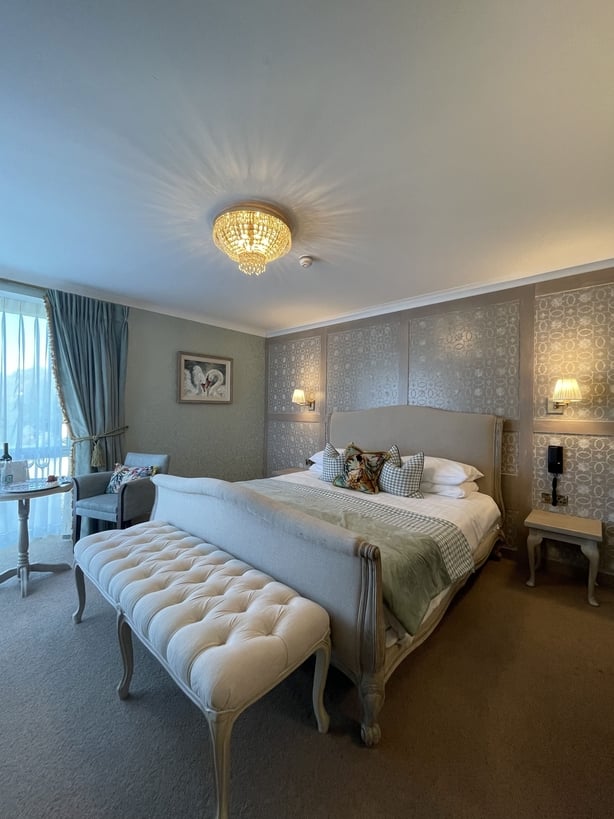
I received an invite to visit the Avalon House Hotel in Castlecomer, and decided to revisit Kilkenny City with my boyfriend as a companion while I was at it - my first visit since childhood.
The 100-minute or so drive to the town coincided with a perfect spring day so that pulling into the charming ivy-furred Avalon House Hotel felt like something out of a film. Dating back to the 19th century, the manor house was bought by a couple, before being taken on by younger members of the same family. As General Manager Peter Wilson told me, his bosses are now in their late 20s and 30s.
We settled in for dinner later that evening in the hotel's Lil's Restaurant, a cosy dining room inspired by traditional the hunting lodge aesthetic.
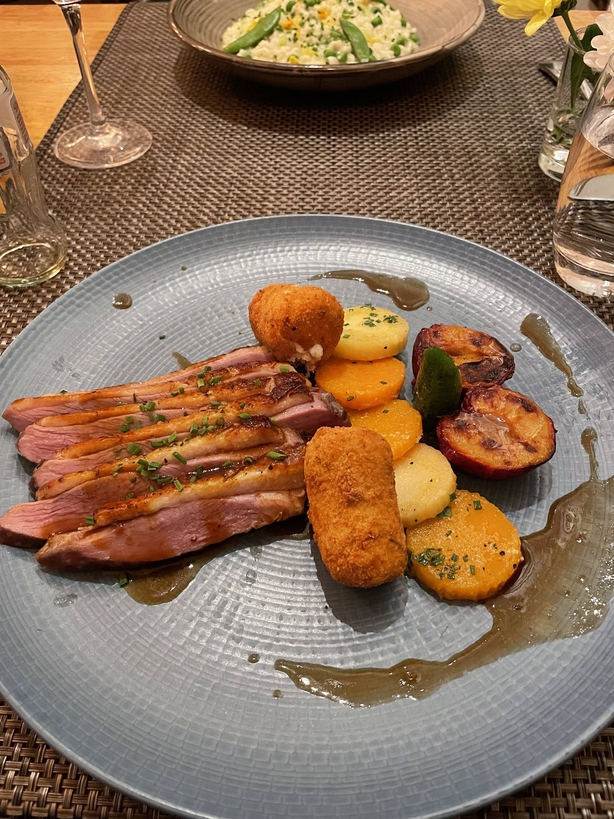
We opted for the confit pork belly and chicken liver parfait for starters, both rich and flavoursome without being heavy.
For mains, we had the spring pea and citrus risotto – a dish so fresh it tasted like the peas were harvested that morning – and the roast duck breast, served butter-soft and with incredible duck confit-filled potato croquettes.
Vanilla crème brûlée and mango cheesecake rounded out a fantastic meal.
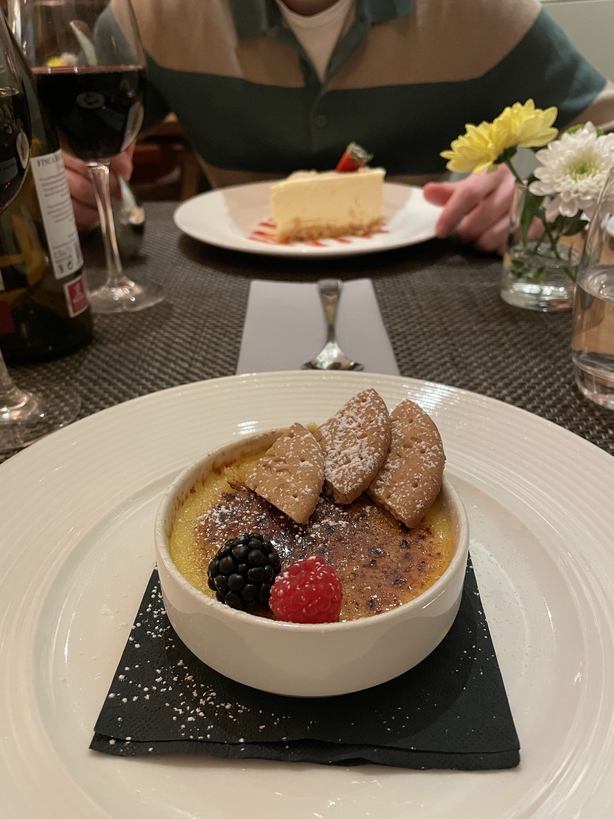
After an early night and a speedy breakfast – simple pancakes served with lemon and sugar – we set off to explore Kilkenny City, starting with the iconic Kilkenny Castle.
The layers of history here are so compact – literally speaking – that a guided tour is a worthwhile expense (€12 for adults).
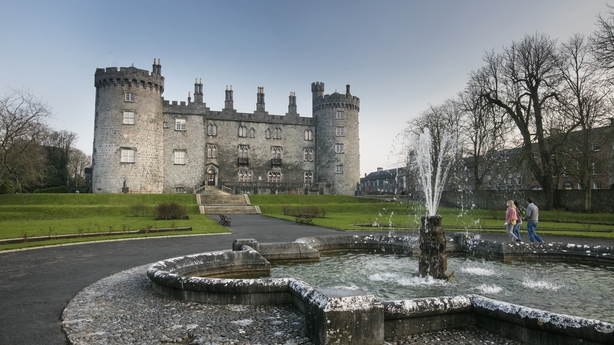
Starting in the medieval foundations of the castle, our guide Peter walked us through the significance of the site, which dates back to 1172.
Established in the aftermath of the Norman conquest of Ireland, it became the home of Richard de Clare, or Strongbow, and his Irish wife, Aoife, and was inhabited through the ages by the highly influential Butler family.
Tidbits abounded during the hour-long tour, including how big houses would create their own fiercely guarded tea blends and an example of wattle and daub construction exists in the castle foundations.
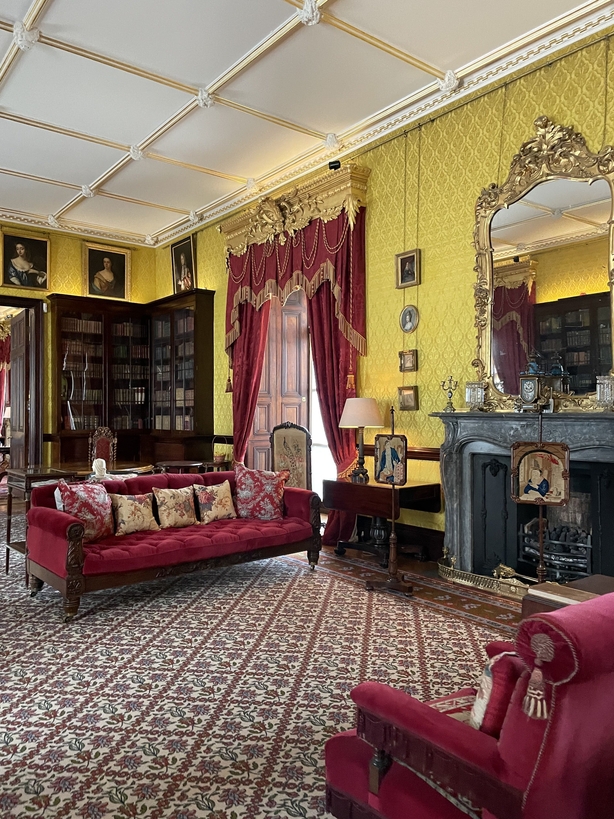
After a wander through Kilkenny's cobbled streets and an indulgent dinner in The Butcher – the Butcher burger, topped with pulled pork, chimichurri, and cheese is a must – we head back to Castlecomer for the night.
Key to Kilkenny's success as a sensitively preserved historical location is its emphasis on, and pride of, its restoration works. The stately Butler Gallery (free entry) is just one of the artfully refurbished sites in Kilkenny, and houses contemporary Irish artworks by Louis le Brocquy, Evie Hone and Jack B. Yeats.
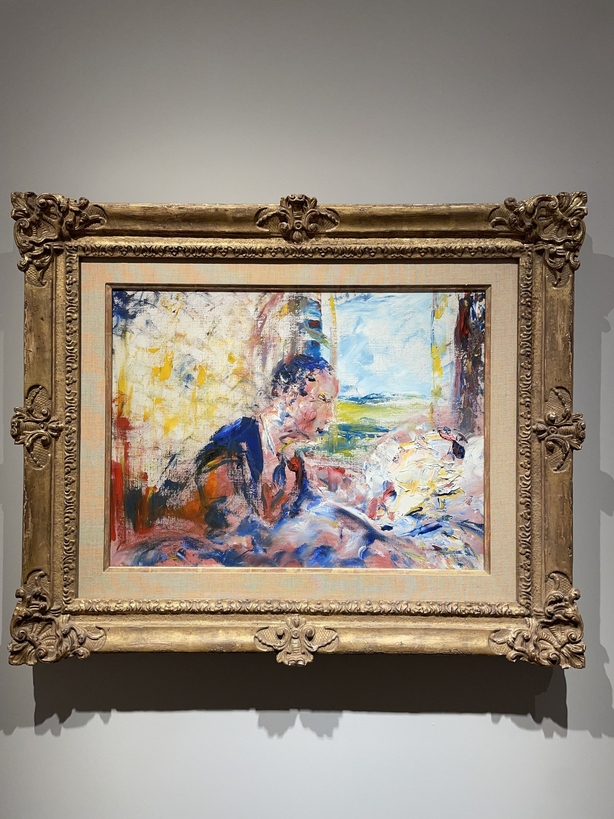
Another key secret to its medieval legacy? Money.
Not that of today's government funds and donors, but rather the bedrock of wealth that propped up this crucial merchant city in centuries gone past.
When we walked into St. Mary's Church, which houses the Medieval Mile Museum, tour guide John was already deep in conversation about the storied history of the church. Within minutes of saying our hellos, he'd revealed that the site of the first example of a woman being burned at the stake as a witch lay just behind the limestone church.
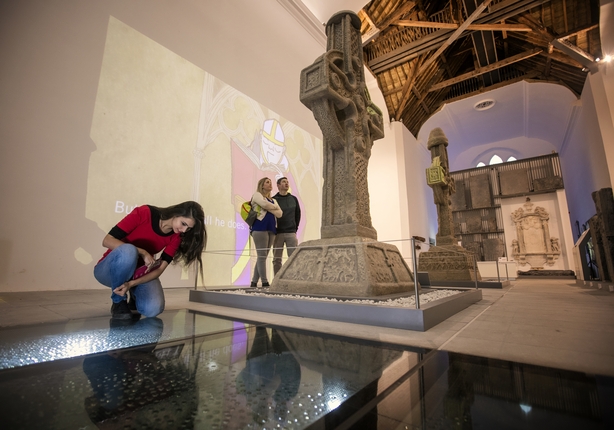
Needless to say, we booked a guided tour with John himself (€15 for adults).
Fanned by the arrival of wealthy merchants invited to settle in the city, Kilkenny became exceedingly wealthy, and consequently so too did St. Mary's. Built as the church for Catholics adjacent to the castle, the powers that be devised a way to keep the merchants paying a tithe into the church, by offering the chance to be buried inside it – a privilege usually reserved for the king himself.
Wealth also allowed for the escape of Kilkenny's first (alleged) witch.
Next year marks the 700th anniversary of the burning of Petronella de Meath, the ill-fated handmaiden of Alice Kyteler, the daughter of wealthy Flemish merchants and the first recorded person condemned for witchcraft in Ireland.
After three of her four husbands died under suspicious circumstances fingers were pointed at Alice, who evaded the stake with the help of her wealthy merchant contacts.
John's tour through the history of the medieval church was expertly witty and expansive, peppered with distinct empathy for the have-nots of medieval Kilkenny and highlighting the inequalities of the time. Walking us over to a glass case housing the remains of three women – ranging in ages from 13 to the 40s – John posed the question, "who would pray for their souls to reach heaven?"
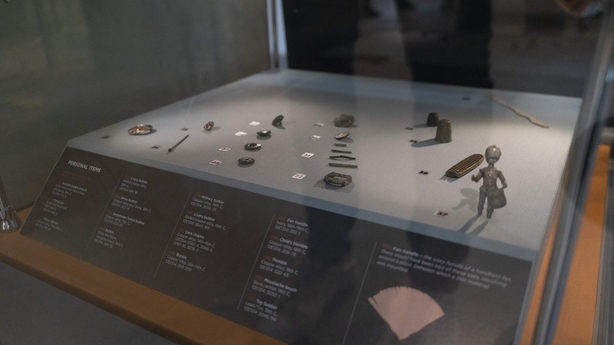
He also revealed that one of the reasons Kilkenny's trove of treasured artifacts and sites have survived so well is because of, you guessed it, money; when invading forces arrived up the River Nore, instead of launching a defensive assault on them the merchants would simply pass their hands with silver and send them on their way.
The industrious spirit of Kilkenny is alive and well in Castlecomer, too, where the Avalon House Hotel plans to expand its quaint operation into the two adjoining buildings lining the main street. Before long, a spa will make up part of the network, General Manager Wilson told me.
Combine this with the alluringly exclusive Restaurant Lady Anne at Creamery House – as of yet, unvisited by yours truly – and you have the potential for a resort town enchanting and remote enough to lure possibly even Gwyneth Paltrow.
Two days in Kilkenny revealed a county ready to dig up even more of its treasures, with enough empathy and gumption to preserve them as bridges to its past. Come for the stags and hens, sure, but stay for the witches.
The details:
We travelled for the purpose of review as a guest of Avalon House Hotel, Castlecomer, where prices start at €123 for a Classic Double room. Breakfast and dinner on one night was included.


